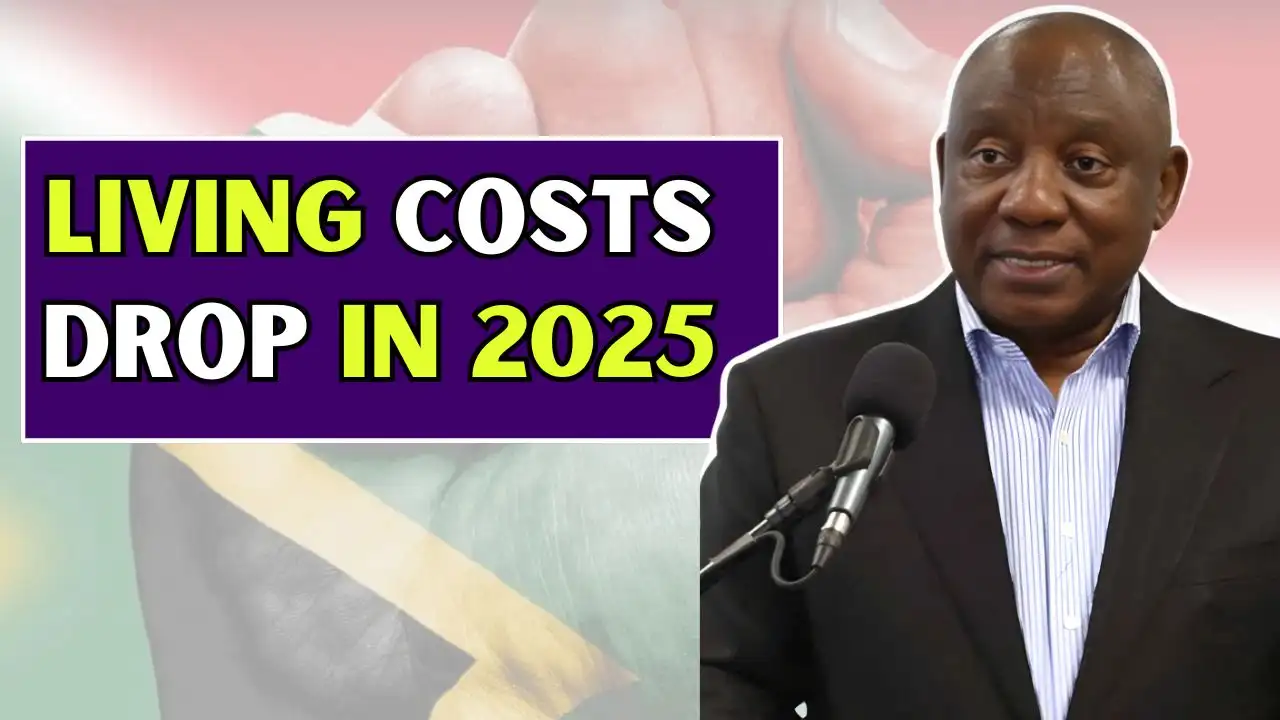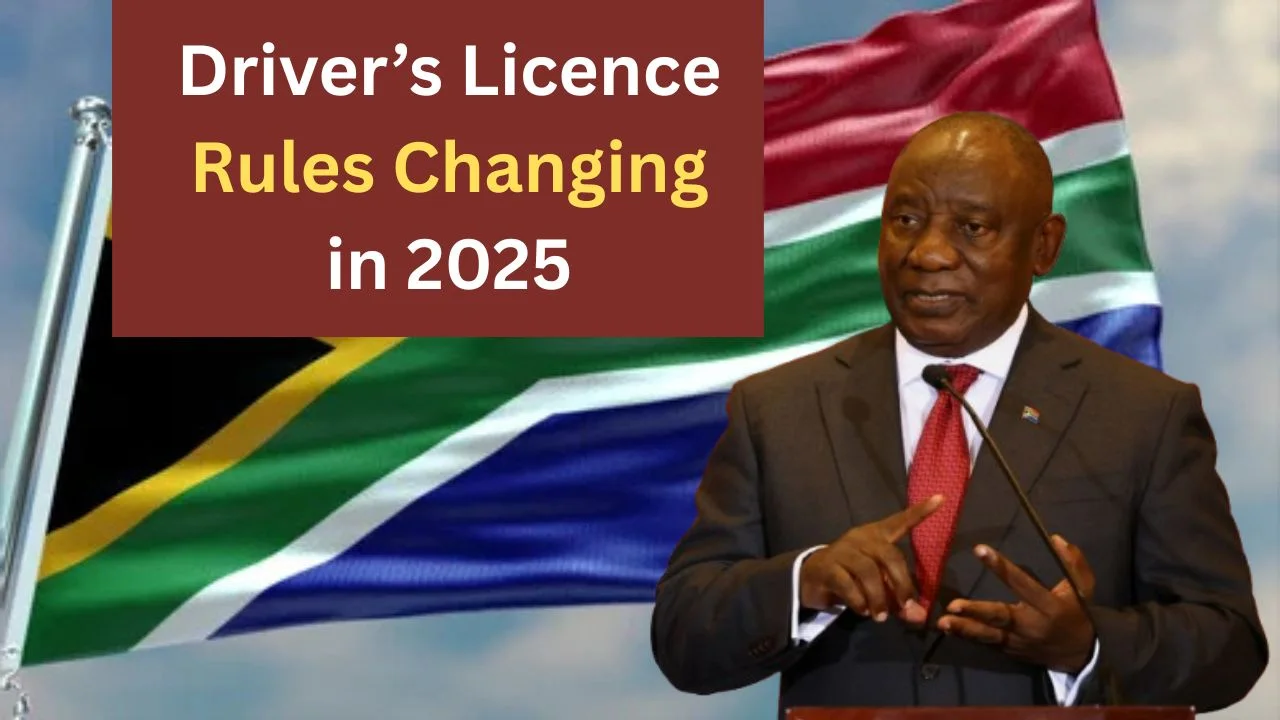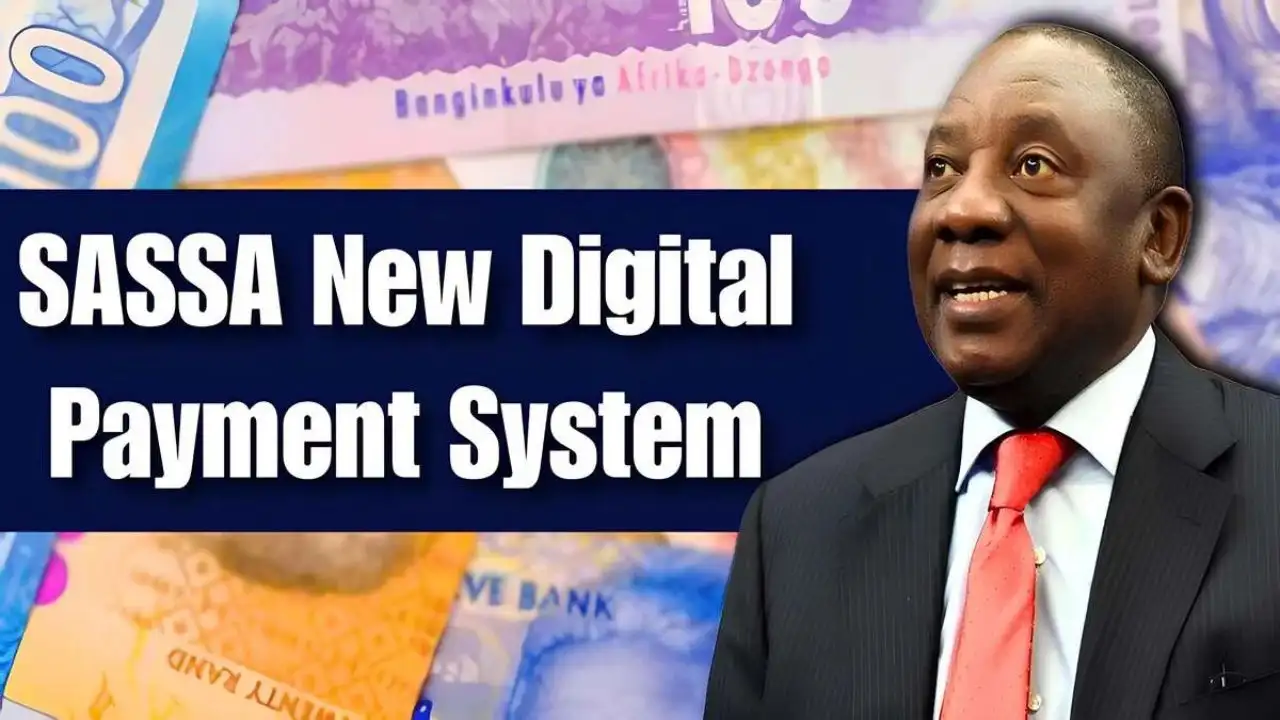South Africans are finally able to see a break in rising living costs, as 2025 comes in with new government initiatives to soften the financial burden on households. With food, fuel, and utility costs at record highs over the past two years, many citizens have found it difficult to pay for their most basic needs. Some social and economic relief programs are, however, now changing the tide.
Government Interventions Provide Direct Support
An expanded social grant infrastructure is now in place by the Department of Social Development. Monthly payments to pensioners, children, and the unemployed have been raised, thus offering almost immediate relief to a great number of low-income households. On top of that, a new housing subsidy scheme for the first-time property buyers is ensuring that owning a home is within easier reach for working-class families, especially in urban and peri-urban areas.
Food and Energy Prices Enter Stabilization
In early 2025, the most visible change can be seen in food prices stabilization. Agricultural subsidies and improving domestic supply chain conditions contributed to the waning of prices for basic goods like maize, bread, and cooking oil. What had technically worsened the economic shocks albeit load shedding has been cut down on as enhanced energy production from renewables and independent power producers takes hold.
Through Public Works and Skills Training Programs, Employment Is Increased
In parallel with these processes of economic relief, new public works programs for upskilling were launched by the government to fight unemployment. Large-scale infrastructure projects in the transport and energy sectors have started to provide employment opportunities in remote locations. Such free vocational training programs teach construction courses, IT, and healthcare, giving young South Africans the ability to enter the workforce with relevant skills.
The Year Ahead
While these interventions are starting to yield some positive results, economists are of the view that sustained change will require an active commitment over time. South Africa in its turn still has a mixture of challenges related to inequality, to education, and to long-term economic growth.
Nevertheless, in the year 2025, the described policy shift marks a good change with government priorities, which in turn lead to creating a more inclusive and supportive atmosphere for those working through tough times with high living costs.




